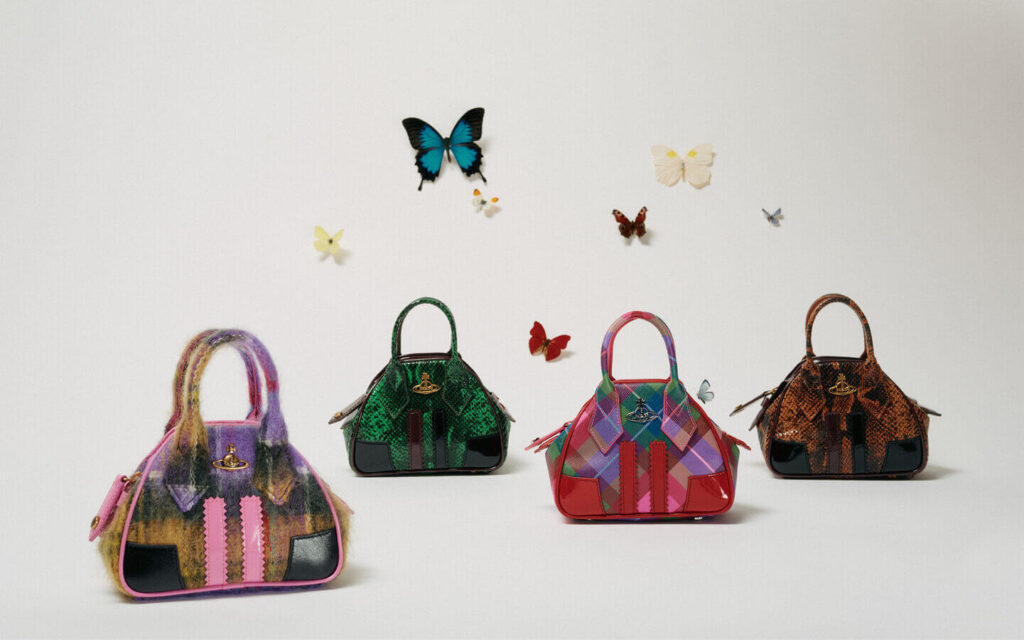
MILAN — Alibaba’s Singles’ Day festival helped Italian companies, big and small, to achieve $449 millions in sales, the online giant said Friday.
Around 400 Italian brands participated in the festival, capitalizing on the 800 million Chinese consumers who were drawn to Alibaba during the festival’s four-day shopping spree. The format, which expanded from a single 24-hour period on Nov. 11 to include three additional days from Nov. 1 to 3, generated sales of $74.1 billion globally.
More from WWD
Rodrigo Cipriani Foresio, general manager Alibaba and country manager of Alipay Southern Europe, said “digital commerce is driving the relaunch for exporting companies, in China and globally, and Alibaba is proud to be able to support a growing number of Italian companies in this journey.”
According to the Internet giant’s data, 75 percent of Chinese shoppers during Singles’ Day, also known as “11.11 Global Shopping Festival,” were under age 35, a particularly lucrative target group for brands looking to China for future growth at a time when COVID-19 is wreaking havoc internationally. A recurring event since 2008, Alibaba’s Singles’ Day this year drew for the first time the likes of Bulgari Parfume; Prada; Salvatore Ferragamo; Acqua Di Parma, and Kartell.
Also for the first time, Italy entered the Alibaba ranking of the top 10 most important exporting countries, despite China representing only 4 to 5 percent of Italy’s exports.
“We’ve always thought that Alibaba’s Singles’ Day was just a clearance sale, but not this year, we understood it’s much more than that,” Roberto Sergi, regional general manager APAC at contemporary fashion brand Pinko, said bluntly.
Participating in the festival for the second year, Acca Kappa, which specializes in professional brushes and hair-care products as well as fragrances and body-care collections, saw a 6 percent uptick in sales during the 2020 edition, logging revenues of 1 million euros in just one day, according to Elisa Gera, the company’s chief executive officer.
The increase was spurred by a range of dedicated marketing initiatives, such as livestreaming sessions and collaborations with local key opinion leaders started in 2019.
“This year has been challenging for entrepreneurs who were forced to revise their business plans. Partnering with Tmall Global has helped us compensate for sales we lost due to store closures elsewhere,” noted Gera.
Similarly, Astrid Beltrami, export director at home fragrance specialist Dr. Vranjes Firenze, which participated for the first time, said “the outcome was positive on a short- and long-term basis, with sales that exceeded our expectations by at least 50 percent.”
Despite a presence in the Chinese market for 10 years and local success based largely on word of mouth, the company has reached a new peak in terms of awareness and conversion rates because of its partnership with Alibaba’s Tmall, with 80 percent of contacts made during Singles’ Day festival coming from new customers.
Beltrami noted that tackling the Chinese market and its consumers, the company “had to address a totally different business landscape compared to what we were used to.” This has accelerated a business transformation at the Florence-based brand in terms of digital assets and products, the latter revisited to match Chinese customers’ high standards and expectations.
According to brand executives, the Alibaba customer, and Chinese consumers overall, are not only on the hunt for great products, but also seek excellence and quality, in addition to heritage and storytelling.
“We discovered that in addition to the products we’re also selling our history and territory, both very important assets for Italian businesses,” noted Acca Kappa’s Gera.
Data gathering is a great vantage point that the partnership with Alibaba can provide to companies, especially the numerous Italian small and medium-sized enterprises.
For instance, Dr. Vranjes Firenze learned that its Chinese clients are aged between 25 and 35, slightly below the company’s usual target, which is concentrated on customers over 35. They also discovered a penchant for self-rewarding purchases, which is less common among Western consumers.
To be sure, Sergi noted that China and its consumers can teach more than one trick in building a scalable business.
Spoiled with fresh products each day and just a click away, Chinese customers are generally less loyal, he said. This has forced a brand like Pinko to invest heavily on recruiting new customers. Each year 75 percent of Pinko’s customers in China are new.
After entering the market 10 years ago and opening about 72 flagships in the country, with five more units to bow this year, Pinko with the help of Alibaba has managed to integrate its on- and off-line retail operations locally, capitalizing on the Internet giant’s and China’s omnichannel expertise. Pinko’s online revenues in China correspond to 25 percent of its overall sales in the country.
The brand’s focus on the Far East and China particularly is mirrored in its participation to the most recent Shanghai Fashion Week in March, during which the contemporary label’s digital show registered two million views within 40 seconds and drew around 30,000 visitors to its Tmall e-shop. This is part of a range of initiatives aimed at cross-pollinating the countries’ cultures, Sergi said, including capsule collections with Chinese designers and local ad campaigns.





More Stories
A Return to Designing as a Destination
Rituals Private Collection Comfort Review Cotton Blossom
Flutter Your Lashes – A LITTLE OBSESSED